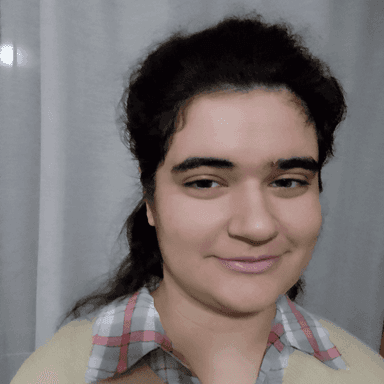On 30 October 1983 the Argentines returned to the polls after 10 years ending the bloodiest dictatorship of their history. Democracy is the worst system of government, except all others, said Winston Churchill. Defend this system of government is essential to safeguard the rights earned in those 40 years.
Law of Autoamnesty
The year 1983 was in Military cycling established in Argentina in March 1976 in a State of Total Wear. The defeat in the Falkland War in April 1982 if they were Growing protests across the country. That's why on February 28, 1983 General Reynaldo Bignone announced the elections call which would be held on 30 October 1983 and would consecrate the Raúl Ricardo Alfonsín as President of the Nation.To guarantee your impunity the Military hierarchical enacted by decree a Law of Autoamnesty. This Law, also known as National Pacification Law sought to avoid the trial of those soldiers who committed crimes against humanity.In response to this situation, Permanent Assembly of Human Rights and various organizations Human rights as Mothers and Grandmothers of May Square They called several protests of repudiation for this law.Electoral procedure
Despite situations like this law, the Argentines lived with enthusiasm the Electoral procedure, taking into account the years they have done since the Argentines last attended the polls. In this context, television advertising spaces were filled with electoral advertising from various political parties.Within the candidates, who are highlighted especially was the candidate Radical Civic Union, Raúl Alfonsín.Alfonsín, unlike the candidate JusticeItalo Luder undertakes to revoke Law of Autoamnesty and judge Military units. This promise would be made in 1985, the year the trials would be held to the Juntas. These trials would be a worldwide milestone, the first and only time a civil government swore to the dictatorship that preceded it.Besides, Alfonsín was characterized by being a candidate who could read the season climate of principles of the 80. At that time, it was clear that society was determined to leave behind the darkness that characterized the lead years of the dictatorship.On 30 October 1983 Alfonsín won Luder in the elections with 51.7% of the votes. Thus began the longest uninterrupted democratic period of Argentine historyFinal reflections
At forty years of the return of democracy in Argentina, Alfonsín's legacy remains more present than ever. If the Argentines today are free and we live in democracy is thanks to those who fought for it 40 years ago.Do you want to validate this article?
By validating, you are certifying that the published information is correct, helping us fight against misinformation.
lucia lago krummer
I am a student of International Relations and Political Science at the University of Belgrano. I am passionate about issues related to international policy, diplomacy and human rights.





Comments